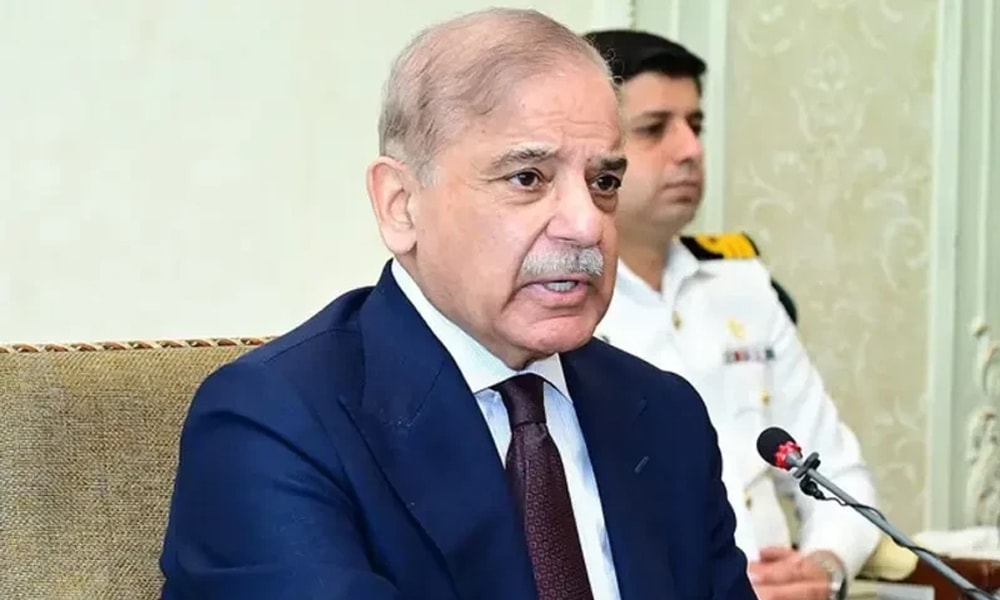Prime Minister Shehbaz Sharif’s visit to China is focused on securing extensions for pending contractual obligations to Chinese firms, renegotiating rollovers, and rescheduling budget support loans until the end of the ongoing Extended Fund Facility program, along with launching Phase II of the China Pakistan Economic Corridor (CPEC).
These intentions were disclosed by various stakeholders who requested anonymity. They highlighted that delays in clearing outstanding contractual dues to Chinese companies are tied to the initiation of Phase II of CPEC. The Chinese side has reportedly conveyed to previous Pakistani delegations that they are unwilling to renegotiate contract terms, as doing so could set a precedent for renegotiations in other countries.
Finance Ministry officials, when approached for comment on the agenda items, claimed to have no knowledge. Only a select few around the finance minister are privy to the situation, with even personnel typically involved in the budget process left uninformed this year.
The uncertainty surrounding the budget presentation date may be linked to Pakistan’s reliance on Chinese support, given China’s status as Pakistan’s largest creditor. Without Chinese assistance, the IMF may not be inclined to approve a staff-level agreement for the successor program, which is the initial step toward securing a new IMF program.
The Prime Minister seeks to secure Chinese cooperation across various sectors, including agriculture, information technology, energy, and alternative energy under CPEC. Federal ministries have been tasked with developing new cooperative projects between the two countries in these areas.
A successful visit by Shehbaz Sharif is expected to boost investor confidence, leading to increased overall investment, according to officials.
Background discussions with officials suggest that the budget date, National Economic Council (NEC) meeting, and release of the Economic Survey are all on hold until the Prime Minister’s return from China.
The NEC, responsible for approving the development outlay and setting macroeconomic targets for the next fiscal year, has yet to be formed. Formalities regarding its formation are likely to be addressed after the Prime Minister’s return from China.
Although there is uncertainty about the Prime Minister’s return date, the Federal Board of Revenue (FBR) is reportedly finalizing tax-related proposals and the finance bill in anticipation of a tentative budget date of June 10, 2024.
